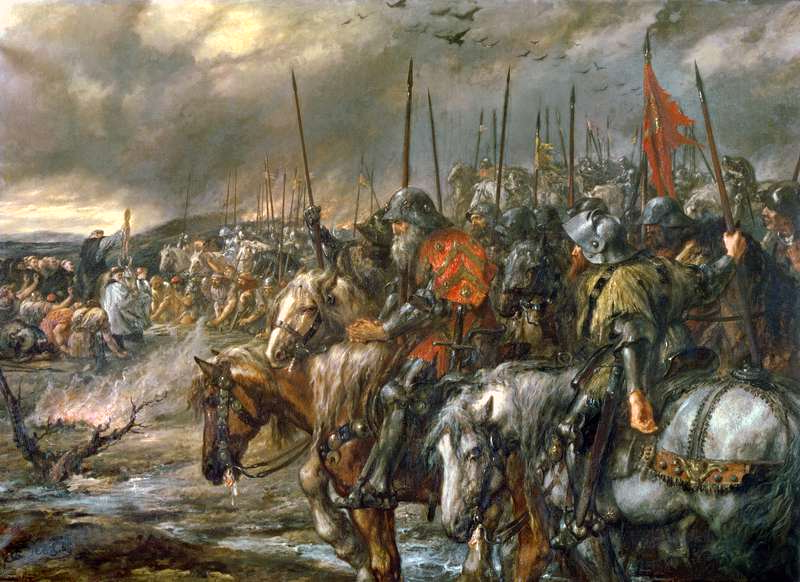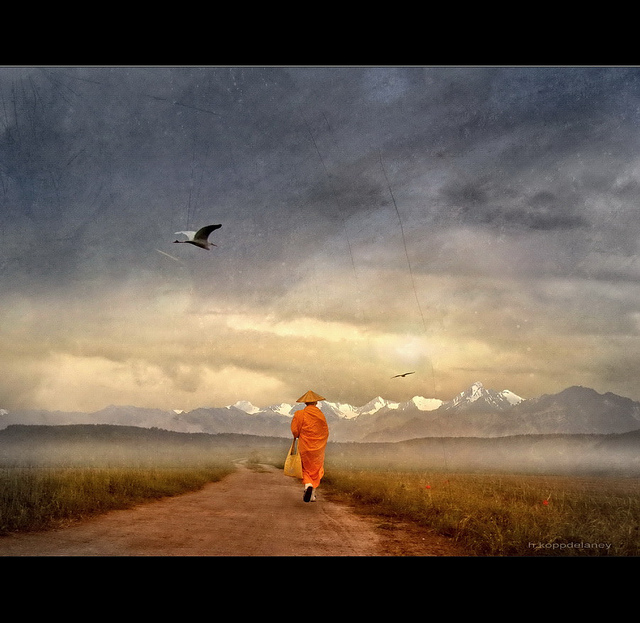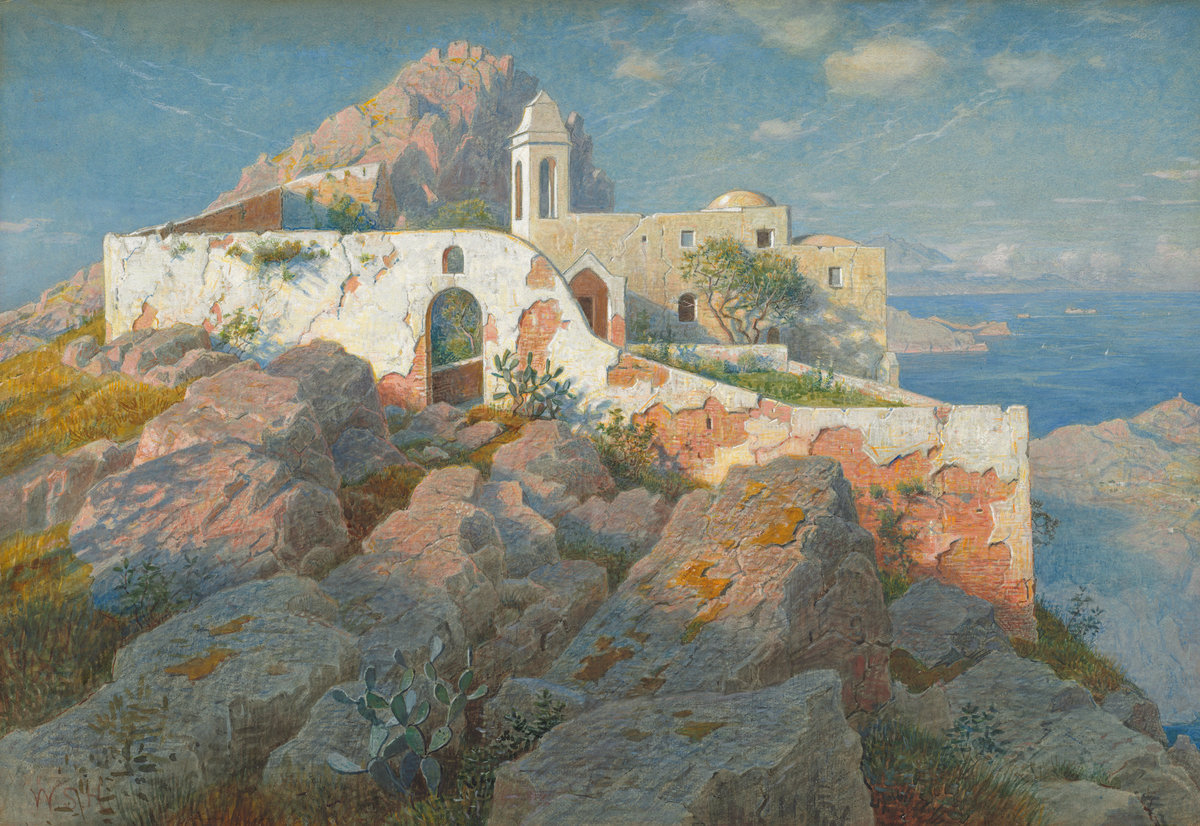By Patrick Pierson.
Horacio Cartes, President of Paraguay, has announced he will no longer seek a constitutional change that would allow him to run for a second-term after mass demonstrations against the proposal. What is responsible for the plateauing homicide rate in Honduras? A former Mexican governor was arrested in Guatemala this week after spending six months on the run in the face of corruption charges. The leader of Mexico’s Democratic Revolution Party was killed in broad daylight in the southern state of Guerrero on Thursday. Murders are on the rise in Mexico. Hundreds of thousands took to the streets of Venezuela on Wednesday in protests against President Maduro; smaller demonstrations persisted later in the week. World Bank officials claim they are ready to help the Venezuelan government deal with the economic crisis should Maduro ask for assistance. Venezuela’s state-run oil company, responsible for more than 90% of export revenues, doesn’t have enough money to keep their oil tankers serviceable.
US Secretary of Defense Jim Mattis visited Saudi Arabia this week. A pair of rights groups are calling for Saudi Arabia to be blacklisted by the UN for violations of children’s rights during attacks on hospitals in Yemen. Iraq’s Vice President, Ayad Allawi, says that ISIS is seeking an alliance with al Qaeda. The Pakistani Supreme Court has ordered a new investigation into corruption allegations linked to Prime Minister Nawaz Sharif. In Indonesia, the government has announced it will pay for the medical treatment of an anti-graft investigator targeted in an acid attack. Accusations continue to surround Philippine President Rodrigo Duterte’s controversial war on drugs; the United States expressed concern this week at the proliferation of extrajudicial killings. A military restructuring is set to take place in China. The UN has called for restraint amidst increasingly heated rhetoric between the US and North Korea.
Romania plans to buy Patriot missiles in order to boost its defense capabilities. Serbia intends to invest more heavily in its domestic defense industry. Norway is training the world’s first all-female special forces unit. Speaking shortly before a scheduled meeting with President Trump, Italian PM Paolo Gentiloni emphasized that solutions are needed for the migrant crisis – and needed fast. Gentiloni pushed hard for greater US engagement to help stabilize Libya, but the Trump administration isn’t planning to get involved. Unaccompanied child refugees in Europe now number in the tens of thousands. On Tuesday, French authorities arrested two “radicalized” Frenchmen, deterring a pending attack – Belgian authorities were actively looking for one of the men. Two days later, one police officer was killed and several injured after a gunman opened fire on the Champs-Elysees.
An Egyptian-American aid worker was released from an Egyptian prison this week after a three-year detention. Both Uganda and the US have pulled troops out of the hunt for infamous LRA commander Joseph Kony in the Central African Republic. US Marine General Thomas Waldhauser, however, did emphasize that the US military will continue to provide training for regional troops combatting the LRA. Apparently, Mali is too hot for a significant number of German military vehicles stationed at a UN base there. Mass graves continue to be uncovered in the Democratic Republic of Congo in the wake of clashes between local militias and government soldiers. The Ethiopian government says that nearly 700 people have been killed amidst violent protests in recent months. Ethiopian Prime Minister Hailemariam Desalegn denied an outside request by the UN and EU to investigate the protest deaths. The UN high commissioner for human rights is concerned about violence carried out by government-backed militias in Burundi. Human rights groups are calling on the Burundian government to repatriate hundreds of trafficked women. MSF contends that the Cameroonian military is forcefully returning Nigerian refugees. Cameroon has finally restored internet to the country’s Anglophone region after months of protests.





